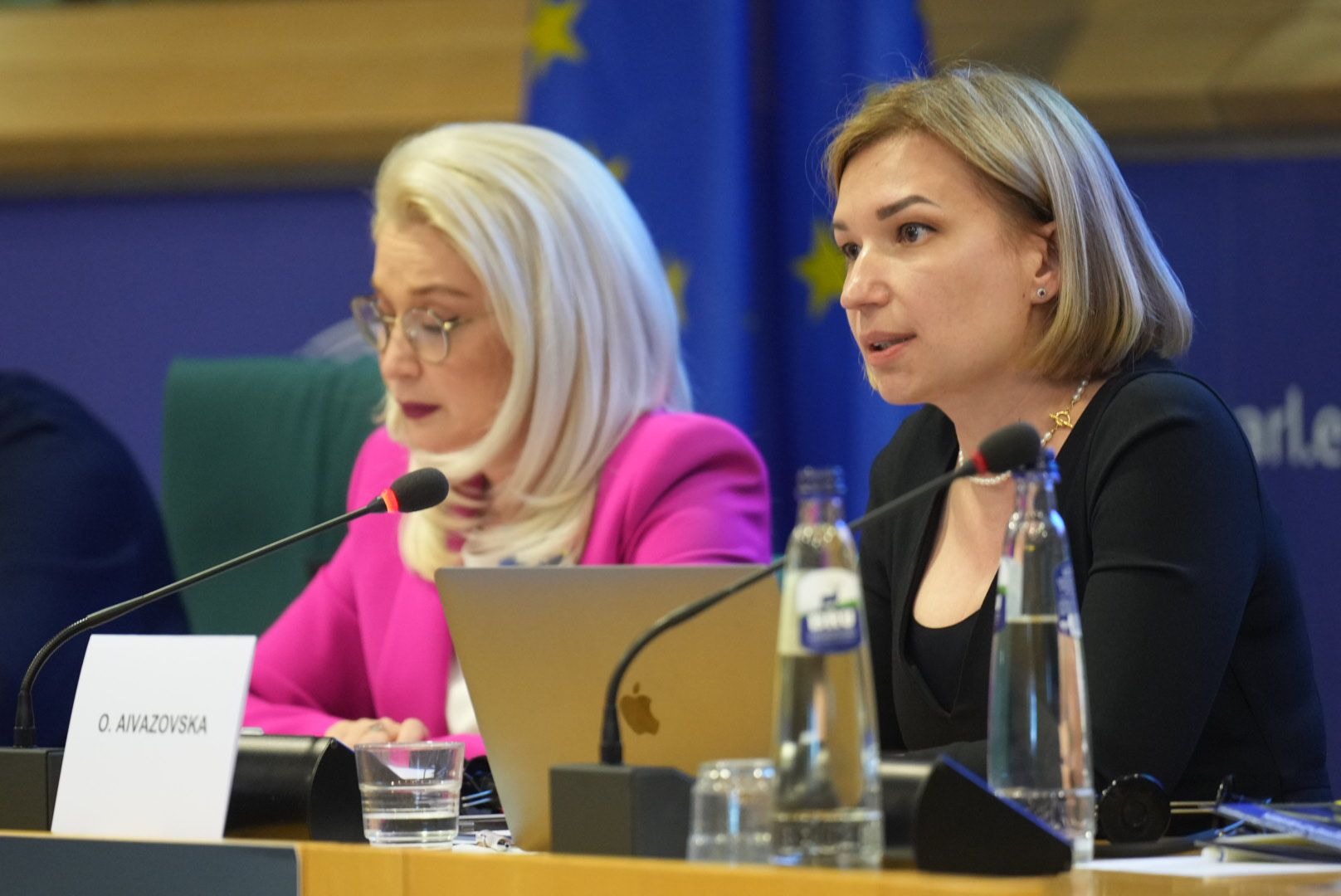Head of Board of the Civil Network OPORA Olha Aivazovska spoke about this during two-day parliamentary dialogue on the topic "Challenges and needs for holding out-of-country for Ukraine's post-war elections".
The participants of the dialogue in Brussels are members of the European Parliament, heads of election commissions from different countries, representatives of governments, international and Ukrainian NGOs. Experts from around the world discussed the problems and challenges of the first post-war elections in Ukraine.
"During last 10 years, Ukraine had dramatic period in its own history. At the same time, we had many good free and fair elections. And during last few years, "The Economist" showed its own rating about level of democracy in different states. And Ukraine has the same score as many very well developed EU countries. So it's totally developed electoral democracy," Aivazovska emphasized.

She added: "That's why when we are talking about how the next election, post-war elections will look like, Like we have to remember that these elections will not happen because we had a civil war or after the collapse of huge state like when Soviet Union collapsed. We already have our own practices, good practices, a competitive political landscape and very well involved civil society and citizens into political processes. That's why we will not step back from these standards.
And I believe, till that time, we will have a good opportunity to be a member of EU. That's why I believe EU has to start to work with electoral potential processes on its own territory. And that's why I ask about advertising and awareness campaigning, campaigning as it during electoral processes because it's about the value of democracy".

"Democracy is not the best system, you know about that very well, but democracy is only one system which believes on its own citizens. That's why we have to build relationship with those partners who are going to provide support to Ukraine to organize free and fair elections but it will not be a part of any peace deal or ceasefire deal with Russian Federation", concluded the Head of the Board of OPORA.
Also Olha Aivazoaska presented the results of the sociological survey "Media Consumption and Social and Political Activity of Ukrainians WHO FOUND TEMPORARY
SHELTER FROM THE WAR Abroad", which was conducted by OPORA in seven countries from April 8 to May 19, 2023. Soon, OPORA will publish the full report on its website.
Olha Aivazovska also stressed the importance of the discussion between the international community and Ukrainian civil society on the form of realization of the passive suffrage of Ukrainians, in particular Ukrainian women who are forced to live abroad. The issue at hand is the qualification of residency.
More information about the event is available on the European Parliament website.
